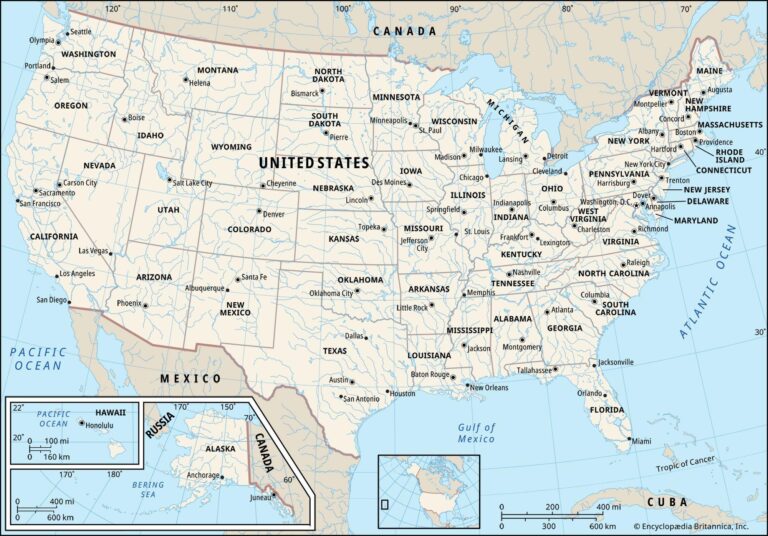As tensions escalate between Israel and Iran, calls for increased U.S. involvement in the conflict have intensified. However, a recent analysis by the Carnegie Endowment for International Peace argues that America should refrain from direct engagement in what could become a devastating regional war. The report underscores the risks of deepening U.S. military entanglement and advocates for diplomatic strategies that prioritize de-escalation and stability. This perspective adds to the ongoing debate over the appropriate American response amid one of the Middle East’s most volatile flashpoints.
US Risks Escalation by Entering Israel Iran Conflict
Escalation of direct U.S. involvement in the tensions between Israel and Iran risks a broader regional conflict with unpredictable consequences. The volatile dynamics of this long-simmering rivalry mean that any overt American military or political engagement could provoke retaliatory actions not only from Iran but also from its proxy groups across the Middle East. By stepping into this conflict, the United States risks undermining its diplomatic credibility while igniting a cycle of violence that could engulf neighboring states and disrupt global energy markets.
Key concerns about U.S. intervention include:
- Destabilization of fragile alliances in the Middle East.
- Escalated military confrontation risking civilian casualties and wider war.
- Undermining diplomatic efforts aimed at containing Iran’s nuclear ambitions.
- Heightened global economic uncertainty due to potential oil supply disruptions.
| Potential Risk | Impact |
|---|---|
| Regional Spillover | Cross-border violence and proxy wars |
| Diplomatic Breakdown | Collapse of international agreements |
| Economic Shock | Rising oil prices and market instability |
Diplomatic Alternatives to Military Involvement Explored
In an increasingly volatile Middle East, experts emphasize the urgent need to prioritize diplomatic engagement over military intervention. Through persistent dialogue channels, the United States can leverage its unique position to encourage confidence-building measures between Israel and Iran. This includes facilitating backchannel communications and supporting multilateral forums where grievances and security concerns are transparently addressed without escalating hostilities. Additionally, the deployment of international mediators can build trust and serve as neutral parties to propose ceasefire agreements or arms control initiatives.
Several non-military tools have shown promise in reducing tensions, including economic incentives tied to conflict de-escalation, cultural exchanges to foster mutual understanding, and coordinated efforts with regional actors like Oman and Turkey. These methods offer sustainable solutions that aim to dismantle the cycles of retaliation. The table below highlights potential diplomatic tactics and their anticipated benefits:
| Diplomatic Tactic | Primary Objective | Potential Outcome |
|---|---|---|
| Backchannel Negotiations | Build direct communication | Prevent misunderstandings |
| Multilateral Dialogues | Inclusive conflict resolution | Regional cooperation frameworks |
| Economic Sanction Relief | Incentivize peace efforts | Encourage compliance with agreements |
| Cultural and Academic Exchanges | Humanize opposing sides | Long-term societal reconciliation |
Carnegie Endowment Calls for Restraint and Strategic Patience
The Carnegie Endowment urges the U.S. government to adopt a carefully measured approach amid escalating tensions between Israel and Iran. Instead of rushing into military involvement, analysts emphasize the importance of strategic patience to avoid exacerbating a conflict that could have catastrophic regional consequences. As the risk of broader war looms, diplomatic channels and multilateral engagement are highlighted as critical methods to manage the crisis without direct American intervention.
Experts suggest several key strategies for U.S. policymakers to consider:
- Prioritize de-escalation: Use diplomatic influence to encourage restraint on all sides.
- Enhance regional security cooperation: Work with allies in the Middle East to monitor and contain flashpoints.
- Maintain flexible readiness: Prepare for contingencies without committing ground forces prematurely.
- Support humanitarian efforts: Address potential fallout by assisting affected civilian populations.
| Recommended Policy | Expected Outcome |
|---|---|
| Restraint in military deployments | Reduced risk of regional escalation |
| Strengthened diplomatic outreach | Improved communication channels with Iran and Israel |
| Support for multilateral institutions | Enhanced conflict management frameworks |
Insights and Conclusions
As tensions between Israel and Iran continue to escalate, the call for U.S. non-involvement remains a significant perspective within international policy debates. Avoiding direct military engagement could help prevent further regional destabilization and preserve diplomatic avenues. Ultimately, the United States faces a complex decision, balancing strategic interests with the risks of deeper entanglement in the Middle East’s longstanding conflicts. The coming weeks will be critical in determining whether Washington opts for cautious restraint or a more interventionist stance.




